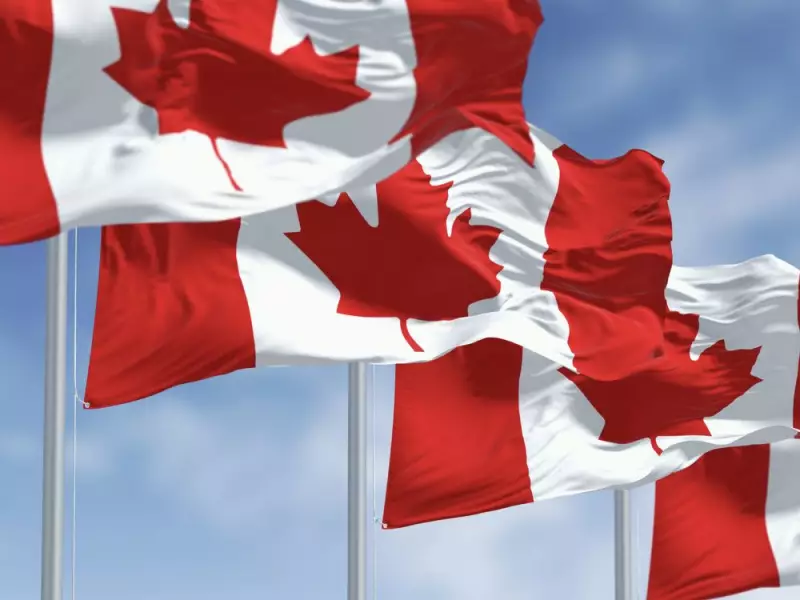
Canada stands at a constitutional crossroads as Prime Minister Justin Trudeau's unwavering commitment to the carbon tax threatens to tear the fabric of national unity. Despite desperate pleas from premiers across the political spectrum, the federal government appears determined to proceed with the April 1st tax increase, igniting what many are calling the most serious national crisis in recent memory.
Provincial Rebellion Gains Momentum
From coast to coast, provincial leaders are sounding the alarm. Newfoundland and Labrador Premier Andrew Furey, a fellow Liberal, broke ranks with stunning candor, warning that the carbon tax is "breaking the country." His emotional plea highlights the unprecedented nature of this political firestorm.
The rebellion spans political affiliations:
- Conservative premiers from Alberta to New Brunswick demand immediate relief
- Liberal Premier Andrew Furey breaks party lines to oppose the tax hike
- NDP-aligned premiers express deep concerns about affordability
Atlantic Canada: Ground Zero for Discontent
The situation in Atlantic Canada has become particularly dire. With home heating oil exemptions creating regional inequities and soaring costs pushing families to the brink, the region that once welcomed Trudeau's leadership now questions the federation's fairness.
"When Atlantic Canadians, traditionally supportive of federal leadership, begin questioning whether Confederation serves their interests, we've entered dangerous territory," political analysts warn.
Constitutional Crisis Looms Large
The carbon tax battle represents more than just a policy disagreement—it strikes at the heart of federal-provincial relations. Provincial jurisdiction over natural resources and taxation faces unprecedented federal intrusion, creating what constitutional experts describe as a powder keg of jurisdictional conflict.
Western Alienation Resurfaces
In Western Canada, the carbon tax debate reopens old wounds. Alberta and Saskatchewan, long frustrated with federal policies they perceive as damaging to their economies, see the tax increase as another example of Eastern Canada disregarding Western interests.
The sentiment echoes historical unity crises, with some Western leaders openly discussing the need for greater provincial autonomy if Ottawa continues to ignore their concerns.
Economic Reality Collides with Environmental Policy
While the government maintains that carbon pricing is essential for climate goals, ordinary Canadians struggle with the practical reality. With inflation squeezing household budgets and interest rates at historic highs, the additional burden of carbon tax increases threatens to push many families over the financial edge.
The critical questions facing Canada:
- Can environmental policy be pursued without fracturing national unity?
- Will the federal government acknowledge the real-world impact on Canadian families?
- How much strain can the federation withstand before permanent damage occurs?
A Nation at Crossroads
As April 1st approaches, Canada faces a moment of truth. The carbon tax has evolved from environmental policy to national unity litmus test. With provincial leaders united in opposition across party lines and Canadians increasingly questioning the federation's fairness, the Trudeau government's next moves could determine whether Canada emerges stronger or begins a painful process of fragmentation.
The world watches as one of its most stable democracies navigates what may become the defining political crisis of our generation. The outcome will reverberate through Canadian politics for decades to come.





